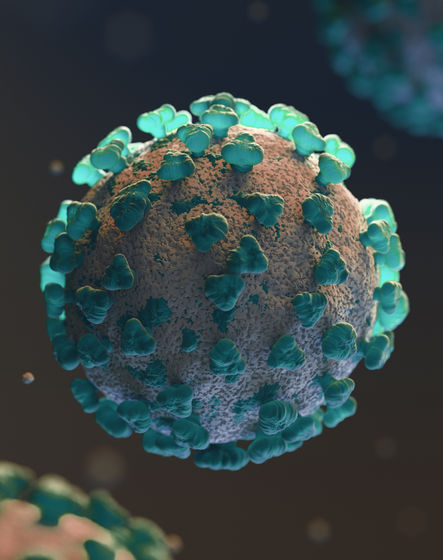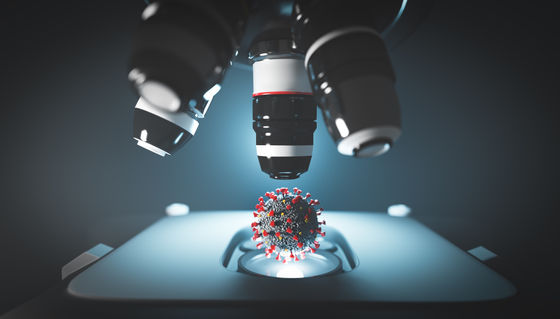Studies show that infection with the new corona reduces the chances of getting the next infection by 84%

As a result of a continuous survey of more than 25,000 medical personnel working in a public hospital in the United Kingdom for seven months, once infected with the new coronavirus (SARS-CoV-2), the probability of the next infection is 84. It became clear that it would decrease by%.
SARS-CoV-2 infection rates of antibody-positive compared with antibody-negative health-care workers in England: a large, multicentre, prospective cohort study (SIREN) --The Lancet
Previous COVID-19 may cut risk of reinfection 84% | CIDRAP
https://www.cidrap.umn.edu/news-perspective/2021/04/previous-covid-19-may-cut-risk-reinfection-84
In order to answer the question, 'What is the probability of a second infection if one is infected with SARS-CoV-2?', The United Kingdom asked medical professionals working in public hospitals to ' Sars-cov-2 Immunity & REinfection EvaluatioN. (SIREN) ”is being conducted on an ongoing basis. Subjects who participated in this survey undergo PCR and antibody tests every 2-4 weeks and complete questionnaires on various symptoms and exposure status.
A research team from the Corindale District Health Authority in the United Kingdom conducted a study to calculate the 'reinfection probability of SARS-CoV-2' from the results of SIREN from June 2020 to January 2021. According to SIREN, of the 25,661 subjects, 8278 (32.3%) were infected and 17,383 (67.7%) were inexperienced, and were newly infected with SARS-CoV-2 during the same period. Was confirmed in 116 (1.4%) of those who had been infected and 1704 (9.8%) of those who had not. In terms of morbidity, the probability of infected persons being infected with SARS-CoV-2 was 0.0076% per day, and that of inexperienced persons was 0.0573%.
The research team calculated the pre- and post-infection morbidity ratio of SARS-CoV-2 using a proportional hazard model using the Poisson distribution. As a result, during the 7-month test period, the result was that 'once infected with SARS-CoV-2, the probability of the next infection is reduced by 84%.' In addition, the probability of symptomatological infection (infection with recognizable level of symptoms) was even lower, and the result was that 'once infected, the probability of symptomatological infection is reduced by 93%.'

Since December 8, 2020, which is the end of the period covered by this analysis, vaccination of medical professionals has started in earnest in the United Kingdom, and 52.2% of all participants have been vaccinated. was. However, since 0.4% of all data corresponded to '21 days after inoculation' when this vaccine was effective, the research team concluded that 'the effect of the vaccine on this study is likely to be small.' I will.
Regarding this study, the research team said, 'Once infected with SARS-CoV-2, it has been shown that in most cases effective immunity is generated against future infections.' 'Non-pharmaceutical intervention Understanding the nature and rate of SARS-CoV-2 reinfection is at the heart of this evolving pandemic, as well as plans for public health controls. '

Related Posts:
in Science, Posted by darkhorse_log







